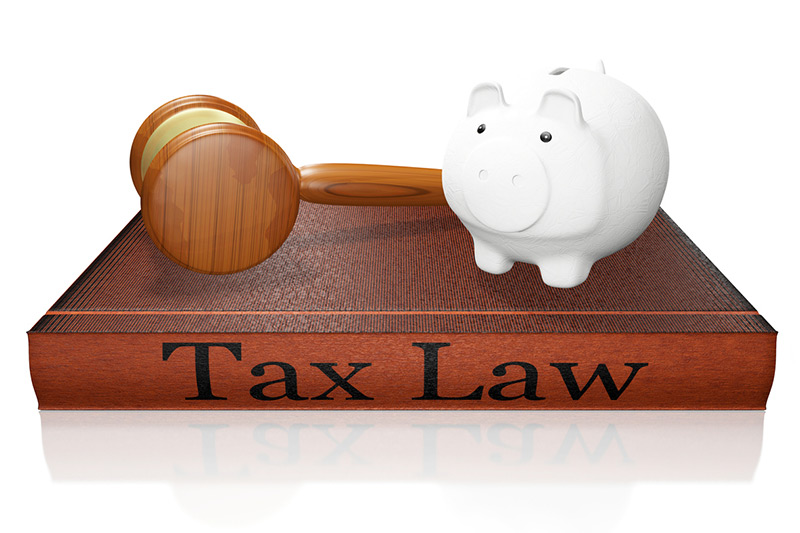
Here are some tax planning tips to make the most of interest expense write offs.
There are three tests you must meet in order to deduct interest on borrowed money.
- There must be a legal obligation to pay the interest. This can become an issue with family loans if the borrower’s obligation to repay the loan and interest is not in writing.
- The borrowed money is used to earn income from a business or property.
- The interest paid must be reasonable. This reasonableness test is met when the rate charged is close to the interest payable on a loan between an arm’s-length borrower and lender.
If you take out a loan to purchase investments which generate interest, dividends or capital gains, then the interest on that loan is fully tax deductible.
The following example illustrates how to make interest deductions work for you. Suppose you own a $100,000 investment portfolio and want to borrow $100,000 for personal use. In this scenario, the interest on the loan is not deductible because it is not being used to generate income. What you can do, however, is sell the investments and use the cash for personal use. You can then borrow money to buy back the investment, allowing you to deduct the interest. By making the swap, you have now converted a non-deductible personal debt into a deductible investment loan.
Here is another example. Suppose you live in a condo worth $700,000 with a mortgage of $200,000, and you plan to purchase a home for $1.5 m and keep the condo as a rental property. You can sell the condo for $700,000 to your corporation. If your corporation assumes the $200,000 mortgage and borrows an additional $500,000 to pay for the condo in full, the interest on the entire $700,000 debt is deductible as a corporate expense. In this scenario, you get $500,000 tax–free for the down payment on your new home.
Finally, let’s suppose you borrowed $100,000 to purchase a $100,000 investment. You sell it for $60,000 and you take the money for personal use. You still owe the full $100,000. Even though you sold the investment, you are still entitled to deduct the interest expense on $40,000 portion of the loan. The remainder of the loan is not deductible, because you used the funds personally.
There is one exception to the rule that a loan must be used for income-earning purposes for the interest to be deductible. You can borrow money personally and lend it your professional corporation at no interest. This interest free loan means that you can fully deduct the interest on your personal tax return without having to report any interest income on the loan. A nice tax shelter!



